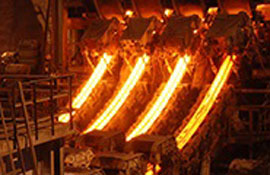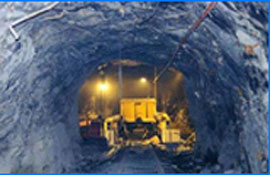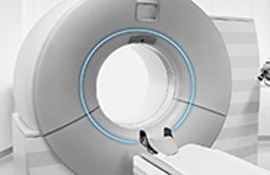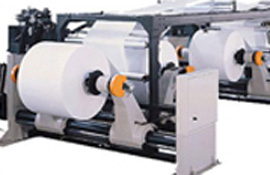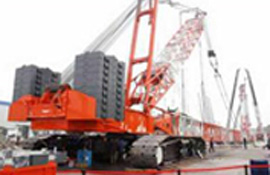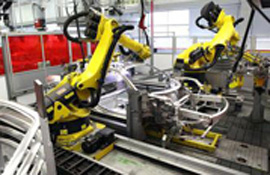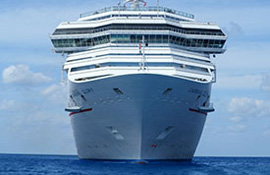A Guide to Metric Spherical Bearings
Metric spherical bearings are similar to deep groove ball bearings, but they are designed to be primarily used for radial loads. The main difference is the outer ring of a spherical bearing is spherical, while a ball bearing has cylindrical inner rings. In addition, a spherical bearing has a protruding top wire screw that is attached to the shaft. This prevents the shaft from tilting relative to the outer casing. Typically, metric spherical bearings are used in rough machines that produce large deflection.
AST Bearings offers a full line of spherical bearings to meet your specific needs. With custom sizes and free 3D CAD models, AST can help you find the right solution for your application. Their high-quality spherical bearings can handle a wide range of applications, including heavy-duty machinery.
Metric spherical bearings can be manufactured from a variety of materials. Typical materials include steel, aluminum, phosphate-coated steel, and stainless steel. Many of these bearings are self-lubricating and have a MoS2 coating on the sliding surface. Depending on your application, you may choose a cage material such as brass, polyamide, or steel.
For heavier radial loads, spherical roller bearings can be used. They are manufactured to RBEC-1 tolerances and are available in a wide range of radial widths and thicknesses. These bearings are capable of a high load capacity and offer excellent shock load tolerance. Some of these bearings also offer a self-aligning feature that allows them to accommodate angular misalignments.
The Aurora Bearing Company's GE series is a metric spherical bearing that features one-piece steel raceways. Its lubrication groove is located on the outer race. If a PTFE to metal interface is required, the GE series can be ordered with a PTFE liner. Axial clearance is recommended during installation and should be adjusted while in operation to ensure that the bearing remains in good condition.
Self-lubricating spherical plain bearings are a common choice for water conservancy and professional machinery applications. This type of bearing is known for its wear resistance, a high load capacity, and its ability to rotate at any angle. They are typically made from phosphate coated steel and come in a variety of standard industrial bore sizes.
RBC Aerospace Bearings manufactures a wide variety of self-lubricating spherical bearings. They offer a full line of Mil Spec standards, as well as aluminum, titanium, and split ball designs. Several specialty and custom spherical plain bearings are also available, as well as a full line of self-lubricating materials for aerospace applications.
Spherical plain bearings can also be used for recurrent tilting movements. The races are made of GRC15/52100 steel and are heat treated to provide maximum wear resistance. They are phosphate coated for corrosion resistance. Various lubrication holes are located on the inner and outer components to aid lubrication. The cages can be made of steel, aluminum, brass, and polyamide. However, some of these bearings are intended to be cracked to facilitate assembly.
As a general rule, metric spherical bearings offer the same load capacity and performance as deep groove ball bearings. However, a low level of accuracy and the use of a long shaft length can cause a significant deflection. Therefore, it is important to select the appropriate bearing and perform field testing before committing to a purchase.



